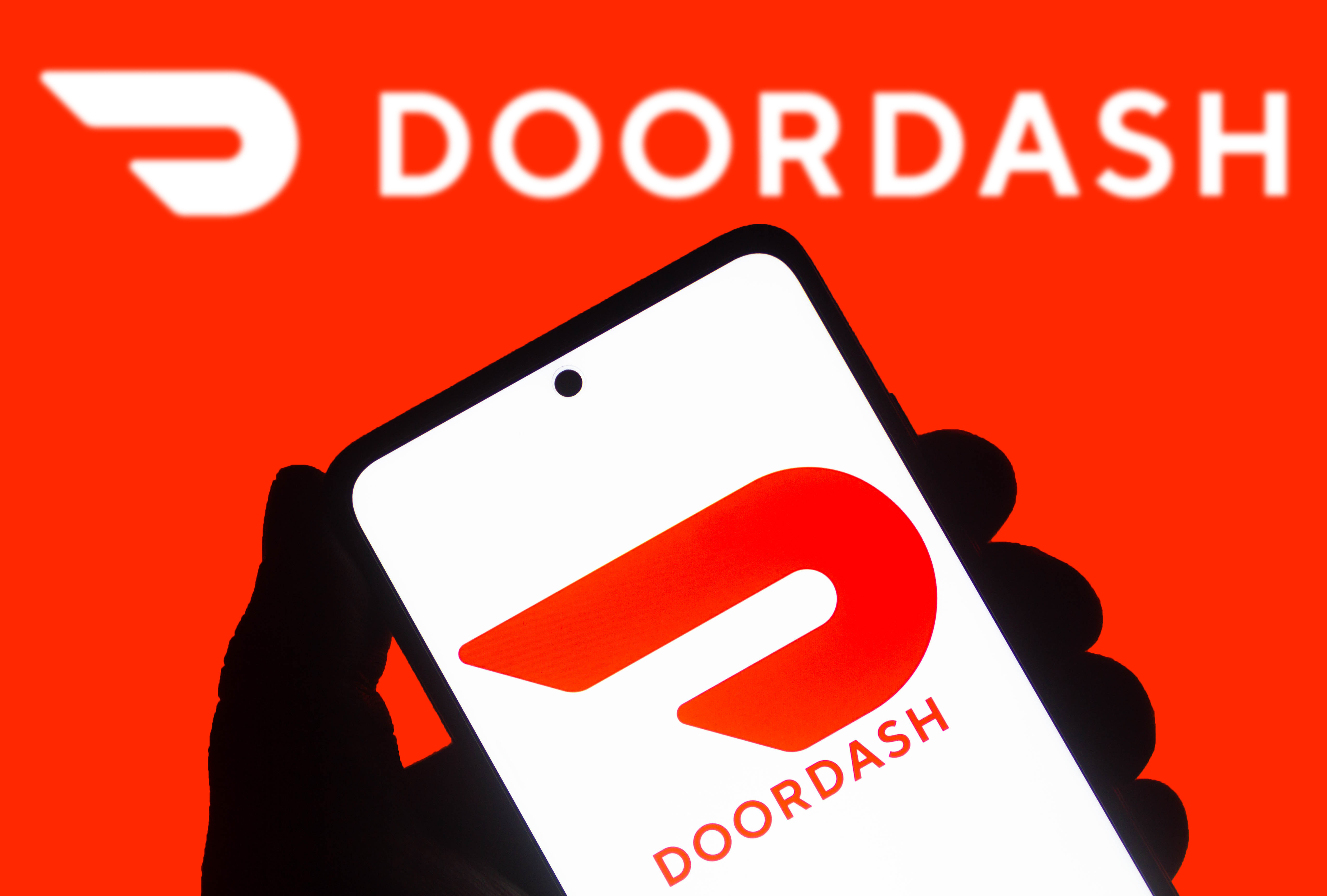
The Office of the New York State Attorney General (“NYOAG”) recently announced a $16,750,000 settlement with DoorDash, Inc., highlighting the importance of transparency in communications regarding pay practices. The settlement arose from an investigation examining DoorDash’s handling of customer tips between 2017 and 2019, and the NYOAG’s finding that such practices violated New York General Business Law § 349, which prohibits deceptive business practices.
The investigation found that DoorDash promised delivery “Dashers” a “Guaranteed Amount” as payment for each delivery. Customers could then add a “Dasher Tip” and were told, “Dashers will always receive 100 percent of the tip.” While customers were never advised of the Guaranteed Amount, the NYOAG opined that DoorDash led customers to believe that Dashers would receive the tips in addition to the Guaranteed Amount. Instead, DoorDash used the tips to offset the Guaranteed Amount, often resulting in Dashers receiving nothing more than the Guaranteed Amount while DoorDash reduced the amount it owed. The NYOAG also found that DoorDash failed to provide its Dashers with material information regarding its handling of the tips.
The NYOAG’s findings focused on whether DoorDash’s communications with its customers and Dashers were misleading. To be clear, DoorDash’s communications with its customers and Dashers were technically true: DoorDash paid 100% of the tips to the Dashers and Dashers never received less than the Guaranteed Amount. But, in the eyes of the NYOAG and in the context of consumer protection statutes, perception matters. This settlement serves as a cautionary tale to businesses of all types to be mindful of their external communications, including those that, while technically accurate, may be misleading or ambiguous.
While straightforward and honest communications will avoid issues under the types of consumer protection laws at issue in the DoorDash investigation, that is simply the first step in the analysis. Businesses’ pay practices, including those involving tips, still need to comply with other applicable laws. For third-party delivery services in New York City like DoorDash, this includes complying with minimum pay rate obligations (currently $19.56 per hour, excluding tips). For companies engaging freelance workers in New York City, this includes having written contracts in certain situations and ensuring timely payments. For companies engaging other independent contractors in New York and New Jersey, this includes complying with any contractual obligations. For companies employing tipped workers, this includes clearly communicating any tip credit policy and amount, not taking more than the permissible tip credit amount, paying out of pocket at least the required minimum wage for tipped employees (currently anywhere from $10.35 per hour to $13.75 in New York, depending on the type of work and where it is performed, and $5.26 per hour in New Jersey), and ensuring a tip credit only is taken for employees meeting the necessary criteria.
Before identifying which laws apply, businesses must ensure that those individuals to whom they provide compensation for services are correctly classified. While none of these laws were at issue in the NYOAG’s investigation of DoorDash, such considerations add a level of complexity in ensuring ongoing legal compliance. When developing pay policies and practices, working with experienced counsel to ensure all legal requirements are met is best.
About O’Toole Scrivo, LLC
We are a carefully crafted mid-sized law firm of recognized subject matter experts practicing primarily in New York and New Jersey. We combine large-firm expertise with small-firm attention to client needs, representing businesses, insurance companies, and government entities. We are committed to delivering creative and timely results for the most high-profile and complex matters.


